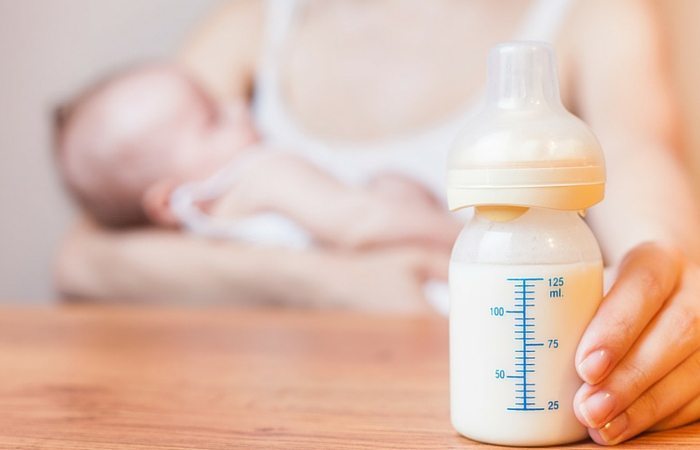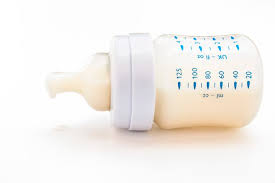Finding the Right Infant Formula for Your Baby
Posted by Editor in Caring for the Child on Oct 12th, 2018 | Comments Off on Finding the Right Infant Formula for Your BabyBreastfeeding is just not possible for some mothers, that is why baby formula is the next best thing to consider. For rookie mothers, however, the choices in markets in Singapore can be overwhelming, especially with promises of better nutrition, higher IQs and better learning development, and other health benefits.
How do formulas differ and what are the things to consider when choosing a formula?

The Three Forms
All baby formulas can be classified into three forms; ready-to-use, liquid concentrate, and powdered formula.
1. Ready-to-Use means there is no need to mix or measure the formula, but they must be consumed within 48 hours once opened and they are also more expensive than other formula.
2. Liquid Concentrate needs to have equal parts water and formula when mixing, but it’s cheap and takes up less space when stored.
3. Powdered Formula needs mixing too and has a 1-month shelf-life, but it’s cheap and is easy to store and transport.

Formula Variety
Once you’ve decided on the form of the baby formula, you should consider the content next. Most baby formula, like most milk, come from cow’s milk, but some babies are sensitive to this type of formula.
1. Cow’s Milk. There are different affordable varieties of cow’s milk sold in markets that are tummy-friendly to babies because they are easier to digest, such as hydrolysate, which has proteins that were broken down for babies who are lactose-intolerant or have allergies.
2. Soy Milk. Instead of cow’s milk, some moms prefer milk made from soy protein for babies with lactose intolerance, allergies, or have strictly vegetarian diet. However, you also have to remember that some babies who are sensitive to cow’s milk also tend to be sensitive to soy as well.
3. Organic Formula. There is some confusion to the label, but organic formula is usually free from traces of growth hormones, pesticides, and antibiotics found in some regular formula. Unfortunately, they’re more expensive than regular brands and have no significant advantages.

Some parents also add rice starch to baby formula, but this is only recommended for babies who can already digest solid food.
Other Factors to Consider
Most doctors will advise you not to go cheap when it comes to baby’s nutrition. Generic formula is easy to prepare and are affordable, but brand names should always be your top choice because companies that specialize in baby formula are tried and tested by several doctors and by experienced mothers.
There is a debate about a baby’s ability to digest lactose, because some researchers claim that lactose intolerance at that age is rare, while others say that there are cases where a baby is unable to digest lactose. If your baby has problems with the current formula, talk to your doctor about a lactose-free formula.
Lastly, the baby’s age should also be considered, because a formula for a newborn is different for babies who are 6 months or older.

